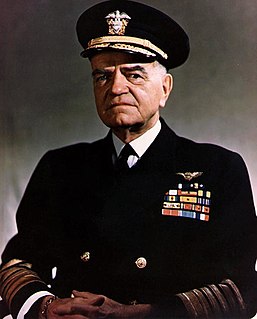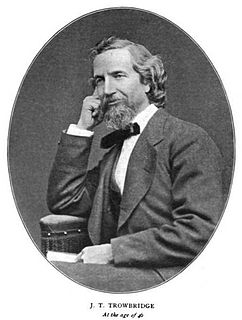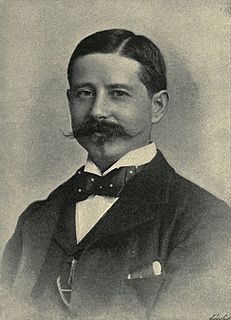A Quote by Lord Byron
I suppose we shall soon travel by air-vessels; make air instead of sea voyages; and at length find our way to the moon, in spite of the want of atmosphere.
Related Quotes
I have been a frequent air traveler since I was a few months shy of my sixth birthday, when my parents packed me off to boarding school two plane rides away from home. Those days of being willingly handed from air hostess to air hostess as an 'unaccompanied minor' made me blase about the rigors of air travel.
Nobody could catch cold by the sea; nobody wanted appetite by the sea; nobody wanted spirits; nobody wanted strength. Sea air was healing, softening, relaxing - fortifying and bracing - seemingly just as was wanted - sometimes one, sometimes the other. If the sea breeze failed, the seabath was the certain corrective; and where bathing disagreed, the sea air alone was evidently designed by nature for the cure.
The only thing to be said for air travel is speed. It makes possible travel on a scale unimaginable before our present age. Between the ages of 20 and four-score I visited every country in Europe, all save two in Latin America, ditto in Africa, and most of Asia, not counting eight trips to Australia and 60 to the United States - all by air.
Today, about 40 percent of America's carbon pollution comes from our power plants. There are no federal limits to the amount those plants can pump into the air. None. We limit the amount of toxic chemicals like mercury, and sulfur, and arsenic in our air and water, but power plants can dump as much carbon pollution into our atmosphere as they want. It's not smart, it's not right, it's not safe, and I determined it needs to stop.
That there is a Spring, or Elastical power in the Air we live in. By which ?????? [elater] or Spring of the Air, that which I mean is this: That our Air either consists of, or at least abounds with, parts of such a nature, that in case they be bent or compress'd by the weight of the incumbent part of the Atmosphere, or by any other Body, they do endeavour, as much as in them lies, to free themselves from that pressure, by bearing against the contiguous Bodies that keep them bent.






































